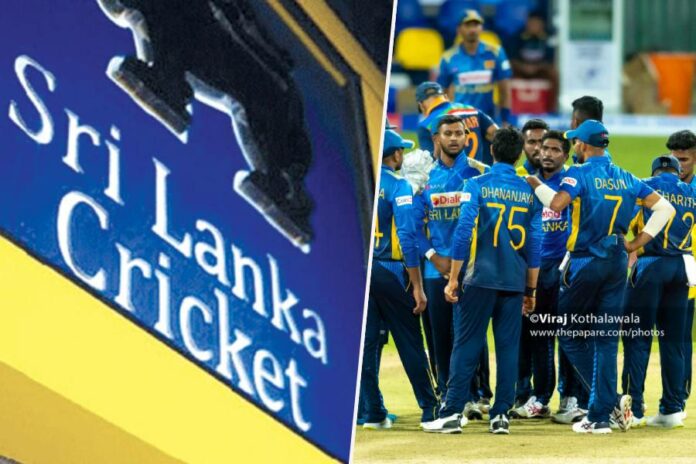Sri Lanka Cricket (SLC) is inviting bids for the media rights in the global market and a few Indian broadcast companies are in the race, Cricbuzz reported.
The SLC is hoping to open the bids on Wednesday (March 1) in Colombo, unless a late entrant joins the race and seeks extension. The rights are for the next four years – April 2023 to March 2027.
Cricbuzz understands that Sony Sports, the current global rights holders, could be facing competition from Star Sports and digital player FanCode but what could make the bidding interesting is the late interest shown by Viacom 18. The new player in the market is believed to have got in touch with the SLC officials to find out whether participation in the bidding is possible at this stage.
The timing of the tender, generally, is not considered right given that the television market has gone into a slump off late and it can be seen in the apparent lack of too many commercials in the on-going India-Australia series, considered a marquee competition in world cricket. It may be a case that the advertisers are reserving resources for the upcoming WPL and the IPL, thought to be high interest leagues in India, but the general consensus is that the market is currently dull for the broadcast industry as a whole.
The current value of the SLC global rights is tipped to be around $ 23-25 million and the value of the new tender will depend on the number of bidders. It may cross $ 25 million but significantly enough, the property will be valued on the number of games Sri Lanka host India during the period.
There is a six-match (three ODIs and three T20Is) white ball series in July, 2024, and later in 2026, India are to visit the island for a two-Test series. Given the frequency of the India-Sri Lanka contests in recent times, there may be last minute additions to the schedule. At this stage, however, there are only eight games marked in the new four-year FTP in which Sri Lanka are to play about 56 games at home.
An SLC official said the Lanka board will start the process of selling the rights for its domestic market after the global market has been covered.
















